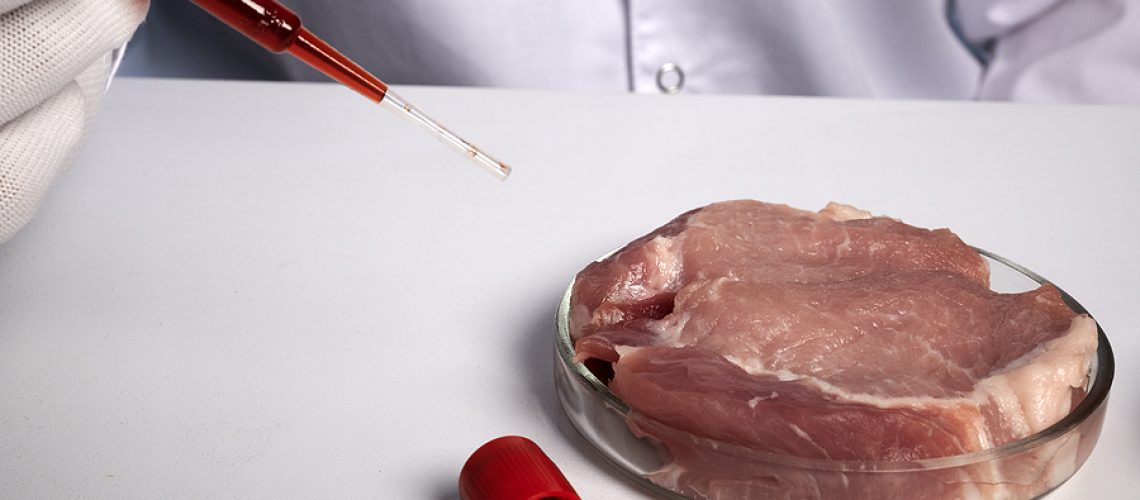The International Atomic Energy Agency (IAEA) and Food and Agricultural Organization of the United Nations (FAO), coordinated efforts with laboratories in 14 countries.
Bahrain, Bangladesh, China, Indonesia, Jordan, Lebanon, Malaysia, Mongolia, Myanmar, Oman, Pakistan, Papua New Guinea, Philippines, Singapore, Sri Lanka, Syria, Thailand, and Vietnam were involved.
“We used to outsource most of our analyses to laboratories abroad. Now we have the resources to conduct them ourselves,” said Moe Thein, head of the Veterinary Assay Laboratory in Myanmar.
The lab can now screen food and animal feed for the presence of veterinary drug residues and mycotoxins.
In Papua New Guinea the National Agricultural Research Institute now has the ability to screen and quantify drug residues in animal products such as milk.
In Syria, the Department of Agriculture of the Atomic Energy Commission is using new food safety knowledge to identify growth promoters used on animals to increase meat production that are prohibited by certain international trading partners, such as the European Union.
IAEA and FAO will also support countries in the region in a follow-up project to broaden the scope of testing beyond products of animal origin to cover plant products, including fruits, vegetables and grains.
South East Asia meeting
a virtual meeting to discuss food safety in South East Asia was held in October 2021.
The Framework for Action on Food Safety in the World Health Organization (WHO) South-East Asia Region 2020 to 2025 was developed and finalized in November 2019. The event took place to discuss progress in implementation of the strategy.
A total of 96 participants registered for the meeting and 10 out of 11 countries from the region attended. Included nations are Bangladesh, Bhutan, Korea, India, Indonesia, Maldives, Myanmar, Nepal, Sri Lanka, Thailand, and Timor-Leste.
Challenges listed by speakers covered food fraud, the impact of climate change, limited capacity to deal with social media scares around food safety, chemical contaminants in food, and public education on issues such as mycotoxins and mushroom poisoning.
Recommended follow-up actions for WHO included establishing a network of food safety authorities in the region, developing training modules on food safety risk assessment and organizing webinars or workshops on priority and emerging issues, such as antimicrobial resistance, veterinary drug residues, food adulteration, novel foods, GM food, and food safety in small and medium enterprises.
News Desk. (2022e, diciembre 3). Efforts boost food testing ability in Asia Pacific. Food Safety News. https://www.foodsafetynews.com/2022/12/efforts-boost-food-testing-ability-in-asia-pacific/?utm_source=Food+Safety+News


